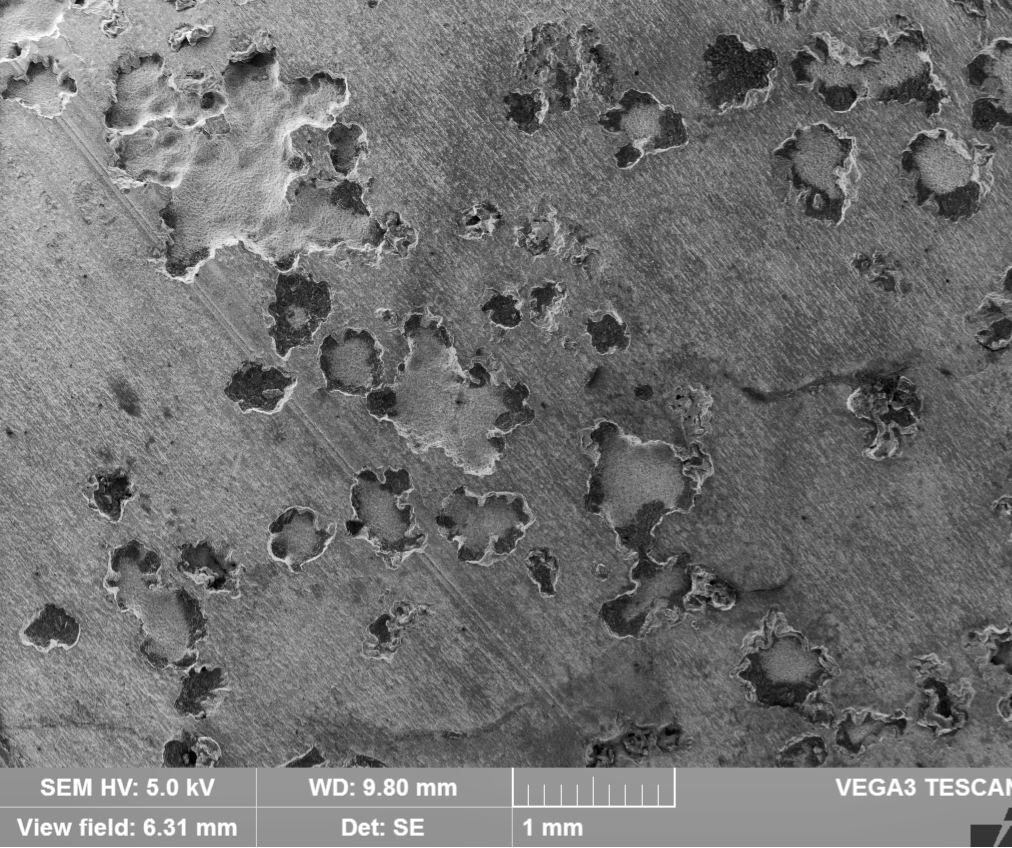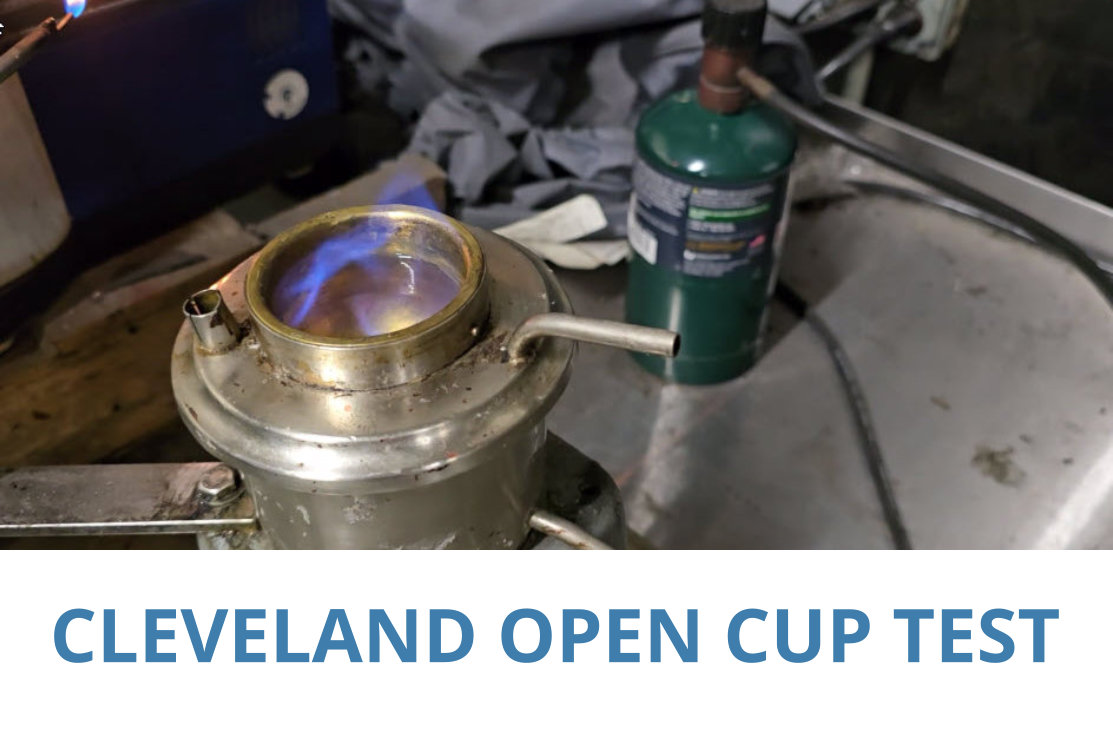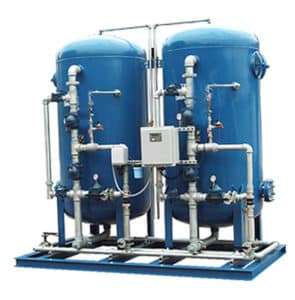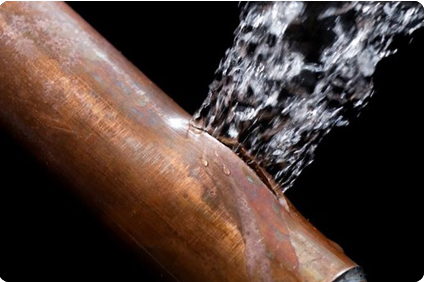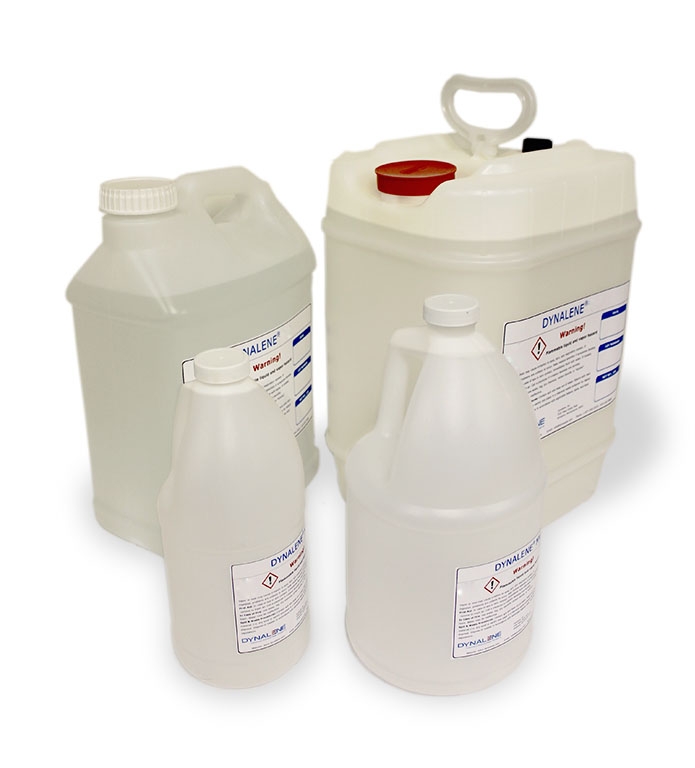
Dynalene Joins the Open Compute Project — Driving the Future of Sustainable Cooling
Dynalene is proud to announce its official membership in the Open Compute Project (OCP) community. This milestone marks an exciting step forward in advancing sustainable and efficient cooling solutions for the data center and technology industries.
As a new Community Member, Dynalene joins a global network of innovators collaborating to design open, scalable technologies that reduce environmental impact and improve performance. This partnership reinforces Dynalene’s commitment to driving the future of liquid cooling innovation, supporting the OCP’s mission to make high-performance computing more energy-efficient and sustainable.
Stay tuned as Dynalene continues to contribute its expertise and insights to help shape the next generation of cooling technologies for a greener, more connected world.


